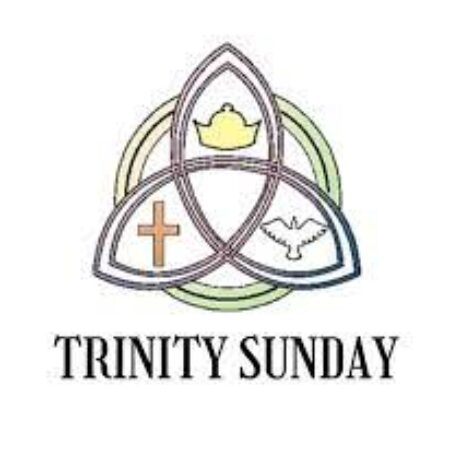This Sunday is Trinity Sunday. According to the Lectionary of the Anglican Church in Aotearoa, New Zealand and Polynesia this is the last Sunday of the season of Easter. So the next Sunday we return to Ordinary Time. There are two parts of ordinary time in our liturgical calendar—one between Epiphany and Lent and the other between Trinity and Advent. If you want to get into minute details you might want to know that next Sunday is the 10th Sunday in Ordinary Time and that this year we did not have the 7th, 8th or 9th Sundays in Ordinary Time. They evaporated due to the timing of Easter.
Ordinary Time is an opportunity to explore some of the breadth of the Bible. That’s why I decided to use the lectionary option of reading sections of the books of 1 and 2 Samuel. Originally one book, they were separated to fit nicely on two scrolls. The books of Samuel explore the transition from tribal life to the kingdom of Israel. As I found during my doctoral research, they also describe quite aptly the move from subsistence agriculture to a more distributed food system, as is also evident from the archaeological record. Even though the books do touch on economic and political developments of the time, that is not their main theme. Rather, it is the presence of God beyond and through those developments that is important. For these events are part of the larger story of God’s purpose for his people and the world.
These stories show us some of the themes in God’s interaction with the world, which are often also evident in the work of God through Jesus. “History does not repeat itself, but it often rhymes,” Mark Twain is thought to have said. I think that whoever popularised that phrase was onto something. As we consider events described in the books of Samuel we can see similarities with our own situation, whether it is in our own personal lives or the lives of nations and the world. When we see the stories of the books of Samuel and our own times within the wider purposes of God, then we can orientate ourselves more towards God.

